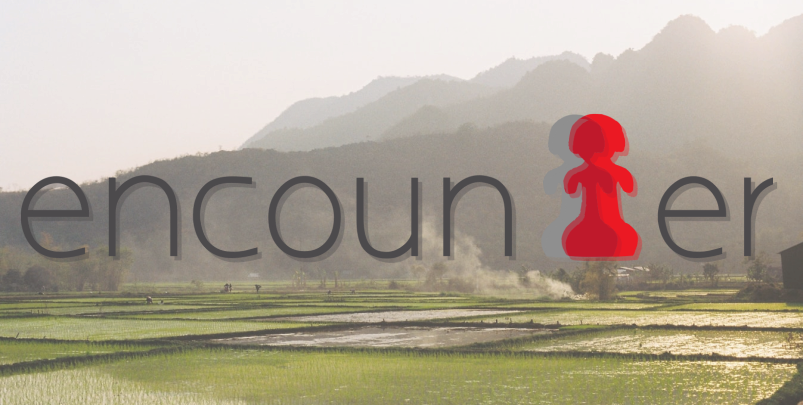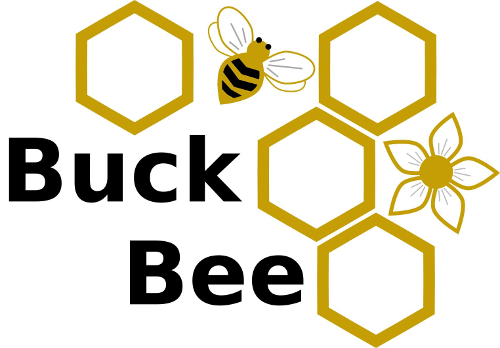Projects
ENCOUNTER

Human history is punctuated by episodes of large-scale diffusion of new ideas and people that lead to era-defining transitions in past societies. Investigating what promotes these events, how societies react to these, and what are their long-term consequences is a key to understand the fundamental drivers of cultural change.
ENCOUNTER is an ECH2020 ERC-funded project (#801953) led by Dr Enrico Crema that pushes forward this research agenda by investigating the Jomon-Yayoi transition, a demic and cultural diffusion event that led the predominantly hunting, gathering, and fishing-based communities of the Japanese islands to adopt rice and millet farming during the 1st millennium BC. The continental migrants who triggered this transition event did not bring just a new economy, but also new technology and culture, deeply impacting the indigenous society. The transition was however not uniform, as different regions responded to the new culture in different ways. Some immediately adopted the new cultural repertoire to its full extent, others embraced only certain elements, and still others resisted for over 1,000 years, generating cultural, linguistic and genetic clines that are still tangible today.
ENCOUNTER investigates this pivotal moment in Japanese prehistory, seeking to determine why the indigenous inhabitants responded so differently to the arrival of the new culture. It will examine the dynamics of this transition by: synthesising one of the richest archaeological records available in the world; combining new and old lines of evidence across different disciplines, including organic chemistry, palynology, and material culture studies; and developing a suite of computational techniques to reconstruct patterns of demographic change and cultural diffusion. It will question the existing narrative that farming is inevitable and instead put new emphasis on the incumbent hunter-gatherer populations to understand their motivations to change subsistence strategies with respect to their environment settings and cultural affinities.
Find out more about on the project website
BuckBee

‘Crops, Pollinators and People’ (nicknamed ‘Buckbee’) is a multidisciplinary project funded by the Leverhulme Trust, investigating the interrelations between crop plants, insect pollinators, and human management in prehistory. It studies the expansion and evolution of buckwheat across Eurasia in relation to honeybee populations and their management.
The Buckbee project is based at the Department of Archaeology, University of Cambridge, in collaboration with the School of Chemistry, University of Bristol.
Find out more about on the project website
